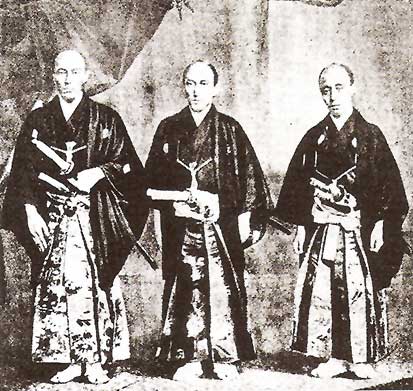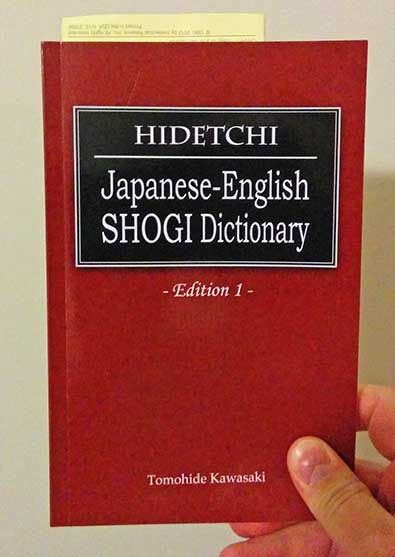NOTE: This post is a snapshot of resources as they were in 2014. I expect many of the links no longer work. However, I chose to keep even the dead links for historical purposes.
Play Shogi Online
For a while it was hard to find sites to play shogi. There’s been an upswing in the number of sites for playing shogi and shogi variants in the last few years. Here is a list of some of the more popular shogi and shogi variant sites.
PlayOK – Shogi
Human vs Human play. The graphics aren’t great, but there’s usually a good crowd to play games against.
81 Dojo
Human vs Human play. Includes standard shogi, handicaps, and several variants. Also, game analysis tools are included. This is a very nice site for serious students of shogi. I highly recommend this site.
Internet Shogi Dojo
Many will argue this is the best shogi site on the web. Plan on learning some Japanese if you want to take full advantage of this site. (more…)

